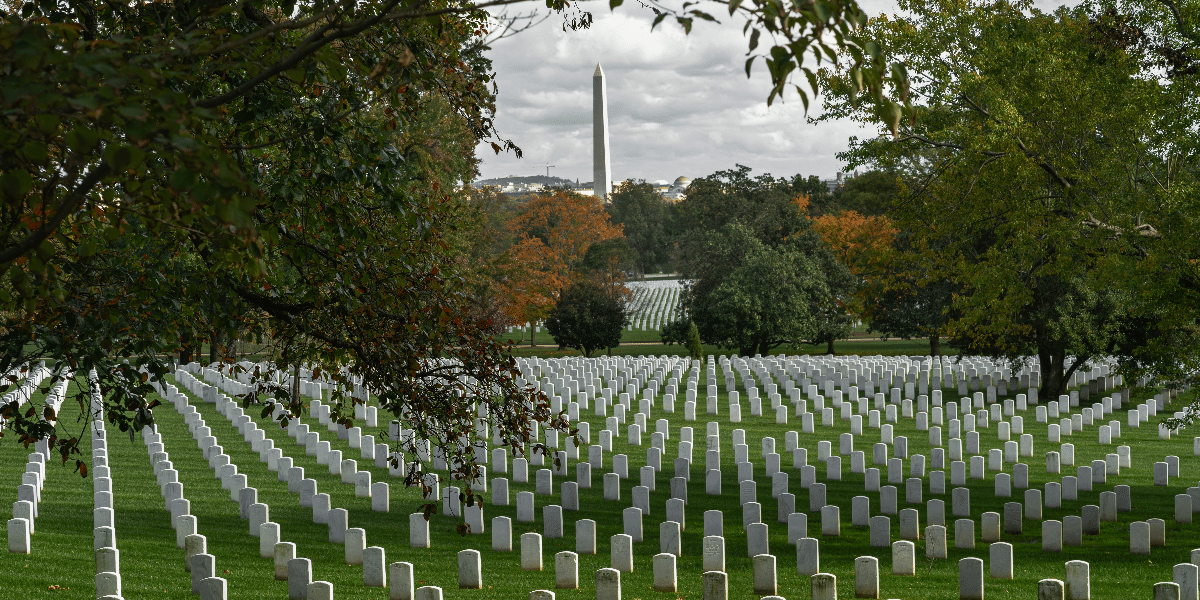Virginia’s Legacy: Key Events and Figures That Shaped History

How Did Virginia Become the Birthplace of America?
Virginia’s history is deeply rooted in its status as the birthplace of America, a title earned through pivotal moments that shaped the nation. The arrival of English settlers in 1607 at Jamestown marked the establishment of the first permanent English colony in the New World. This momentous event set the stage for centuries of historical significance, making Virginia a focal point in America’s early development.
Jamestown wasn’t just a settlement; it became the starting point for democracy in the colonies. In 1619, the Virginia House of Burgesses convened, marking the birth of representative government in what would later become the United States. This legislative assembly paved the way for democratic ideals that continue to influence governance today.
Virginia’s role in the American Revolution further cemented its place in history. Key figures such as George Washington, Thomas Jefferson, and Patrick Henry called Virginia home, contributing to its reputation as the cradle of independence. The pivotal battles fought on Virginia soil, including the decisive Siege of Yorktown in 1781, brought an end to the Revolutionary War, securing freedom for the colonies and establishing Virginia’s enduring legacy.
Who Are the Historical Figures Who Defined Virginia’s Identity?
Virginia has been home to a remarkable array of historical figures who have left an indelible mark on the state and the nation. George Washington, the first President of the United States, stands as one of Virginia’s most celebrated sons. Born in Westmoreland County, Washington’s leadership during the Revolutionary War and his role in shaping the Constitution made him an enduring symbol of American resilience and unity.
Another prominent Virginian, Thomas Jefferson, played a crucial role in the nation’s founding. As the principal author of the Declaration of Independence and the third President of the United States, Jefferson’s vision for a democratic republic was instrumental in shaping the country’s values. His estate, Monticello, stands as a testament to his contributions and remains a symbol of Virginia’s rich history.
Virginia’s historical tapestry also includes figures like Patrick Henry, whose fiery speeches, including the famous line, “Give me liberty or give me death,” galvanized the push for independence. Robert E. Lee, a complex figure in American history, symbolizes Virginia’s role in the Civil War as the leader of the Confederate Army. While his legacy is debated, his impact on both the state and the nation is undeniable.
What Events Cemented Virginia’s Role in American History?
Virginia’s story is one of transformation, shaped by events that influenced the nation’s direction. The Civil War is a defining chapter in the state’s history, with Virginia serving as both a battleground and the capital of the Confederacy. The city of Richmond became the epicenter of Confederate strategy, and numerous battles, such as those at Manassas and Appomattox Court House, took place on Virginia soil.
Appomattox Court House, in particular, holds profound historical significance. It was here in 1865 that General Robert E. Lee surrendered to Union General Ulysses S. Grant, signaling the end of the Civil War. This event not only marked a turning point in American history but also highlighted Virginia’s central role in the nation’s journey toward reunification and progress.
Beyond the battlefield, Virginia has been a cultural and political cornerstone. The state hosted the Virginia Statute for Religious Freedom in 1786, a precursor to the First Amendment, underscoring its influence on the nation’s foundational values. Additionally, the Civil Rights Movement found a stage in Virginia, as schools and communities navigated desegregation efforts in the mid-20th century. These struggles and triumphs reflect Virginia’s ongoing evolution and its commitment to shaping a more inclusive future.
A Timeless Legacy
Virginia’s history is a rich tapestry of moments and figures that have left a profound impact on the state and the nation. From the establishment of Jamestown to the surrender at Appomattox, Virginia has consistently been at the forefront of defining America’s identity. Its contributions to governance, culture, and freedom resonate across centuries, making it a state that embodies both the triumphs and complexities of American history.
As visitors explore Virginia’s historic sites, from Monticello to Yorktown, they’re reminded of the pivotal role this state played in shaping the nation. For residents and history enthusiasts alike, Virginia’s legacy serves as a source of pride and a powerful reminder of the enduring importance of understanding the past to guide the future.

